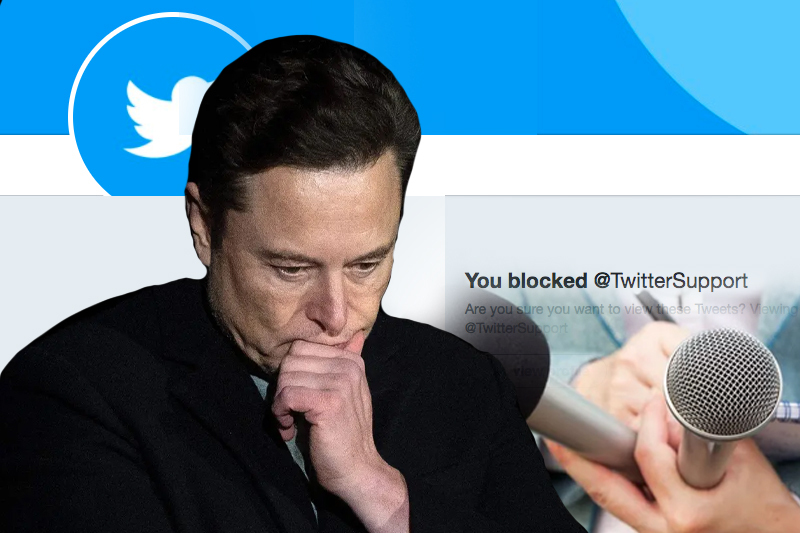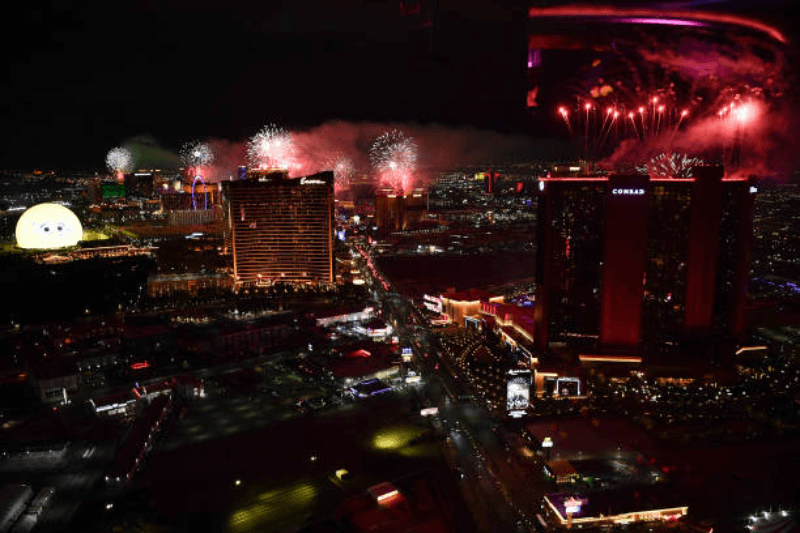
UN condemns Twitter’s suspension of journalist accounts as “dangerous precedent”
The United Nations has condemned Twitter over its abrupt suspension of a group of US journalists, with a warning that this move by the new Twitter owner Elon Musk has set a “dangerous precedent”. European Union has also warned the social media platform of possible sanctions and upcoming digital regulations that can rein in the Musk’s Twitter.
Stéphane Dujarric, the UN spokesperson, said on Friday that UN was “very disturbed” due to the accounts suspension and ban on prominent tech journalists at news organisations such as CNN, the Washington Post and the New York Times. “The move sets a dangerous precedent at a time when journalists all over the world are facing censorship, physical threats and even worse,” he told reporters.
Keep Reading
European Union too has sent a stark warning as Věra Jourová, the European Commission vice-president for values and transparency, tweeted that “news about arbitrary suspension of journalists on Twitter is worrying” and said that bloc’s Digital Services Act (DSA) required all platforms to abide by media freedom. “This is reinforced under our Media Freedom Act. Elon Musk should be aware of that. There are red lines. And sanctions, soon,” she said. As mentioned by The Guardian, breaches of the DSA, which comes into force for large tech companies next year, carry the threat of fines of up to 6 per cent of global turnover or being temporarily suspended in extreme cases.
The official spokesperson for Rishi Sunak, the UK prime minister, said tech companies must “balance protecting their users while upholding free speech”. Germany’s foreign office tweeted: “Press freedom cannot be switched on and off on a whim. The journalists below can no longer follow us, comment or criticise us. We have a problem with that, @Twitter.”
Campaign groups too have criticized Musk’s action of suspending journalist Twitter accounts. The Center for Countering Digital Hate said Musk “does not understand the difference between the public interest and his own interests” and was “seeking to expel journalists critical of him rather than tackling dangerous hate speech”.



